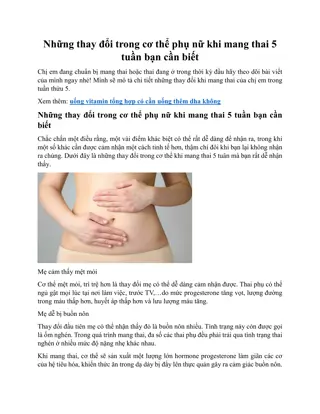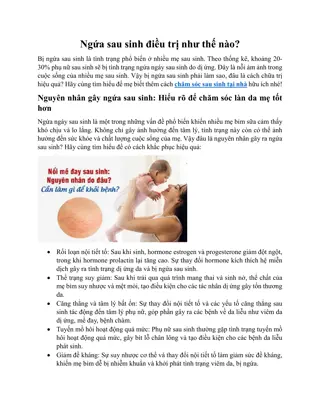
Autopsies: Importance, Types, and Ethics
Learn about the significance of autopsies in determining the cause of death, the different types of postmortem examinations, and the ethical considerations involved. Discover why autopsies are performed, the benefits they offer to individuals, families, and communities, and how families can benefit from autopsy findings.
Download Presentation

Please find below an Image/Link to download the presentation.
The content on the website is provided AS IS for your information and personal use only. It may not be sold, licensed, or shared on other websites without obtaining consent from the author. If you encounter any issues during the download, it is possible that the publisher has removed the file from their server.
You are allowed to download the files provided on this website for personal or commercial use, subject to the condition that they are used lawfully. All files are the property of their respective owners.
The content on the website is provided AS IS for your information and personal use only. It may not be sold, licensed, or shared on other websites without obtaining consent from the author.
E N D
Presentation Transcript
Consent Except forensic Autopsy. In all other cases, permission is required, cannot be performed without consent. It can be requested either by the patient s physician ( medical autopsy ) or by the family ( private autopsy ). - When giving consent, the family may make any restrictions, limitations, or special requests
What is PME ? Postmortem examination of the organs and tissues of a body to determine cause of death or pathological conditions. an external and internal examination of the body after death using surgical techniques. performed by a forensic pathologist. Takes { 2 4 } hours to perform.
THE TYPE OF PME May be Invasive. mini-invasive. non-invasive procedures. May be Comprehensive limited to a particular organ system. Small samples of each organ are taken: for microscopic examination , (malignancy or infection .. for studying genes. for checking for drugs, chemicals, or toxic substances. The performance of an autopsy should not delay a funeral or affect viewing of the body.
Autopsy ethics: Autopsy procedure: Limited: Minimally invasive: Virtopsy: Techniques:
Suggestions for titles: Suggestions for titles: Sub-specialised PME: Molecular autopsy: SUD Perinatal: Natural deaths: Research: Negative autopsy:
Why perform an autopsy? The primary reason to perform an autopsy is to determine cause of death.
Why perform an autopsy? there are other benefits to individual, families, the practice of medicine, and the community at large. to answer any questions the law, the family or physician may have about the illness, cause of death, and/or any co-existing conditions. In addition, there are forensic benefits of investigation of homicide, suspected homicide, other unexplained or suspicious deaths, and deaths apparently due to accident or injury The autopsy is important to providing an understanding of the quality of patient care.
MANNER OF DEATH Homicide. Accidental. Natural. Suicide Undetermined. Unclassified.
How families benefit from the autopsy Discovering inherited or familial diseases may help families through early diagnosis and treatment & family planning Discovering Discovering an infectious an infectious disease disease may lead to early diagnosis and treatment & to help other family members and close contacts ( TB ).
How families benefit from the autopsy Uncovering evidence of a work Uncovering evidence of a work- -related disease related disease might lead to compensation for the family. Providing crucial information for the settling of Providing crucial information for the settling of insurance claims or death benefits insurance claims or death benefits may result in benefits for the family
How families benefit from the autopsy Confirming a specific cause of death Confirming a specific cause of death may simply ease the stress of the unknown. Finding that diagnosis and treatment was appropriate Finding that diagnosis and treatment was appropriate may be comforting to the family.
How families benefit from the autopsy Knowledge that information gained by the autopsy Knowledge that information gained by the autopsy may help someone else to live longer may ease the profound sense of loss experienced by families. understand what has happened to their loved one is by performing an autopsy
How families benefit from the autopsy Increasing knowledge about causes and course of an illness and effects of different types of treatment. Explaining the causes of injuries and accidents involving automobiles, falls, or other situations.
How families benefit from the autopsy Providing information about preventable causes of disease and accident and other public health hazards Helping to establish the cause and manner of death, which at times may be required by law.
How families benefit from the autopsy The autopsy is important to providing an understanding of the quality of patient care to monitor health system. Medical education, training and research leading to improved health care
Are there religious conflicts? YES VS NO
Facebook: Theeb Alqahtani, Facebook: Forensic Medicine King Saud University dr_theeb@hotmail.com Text: 966557228228 966500520242






















